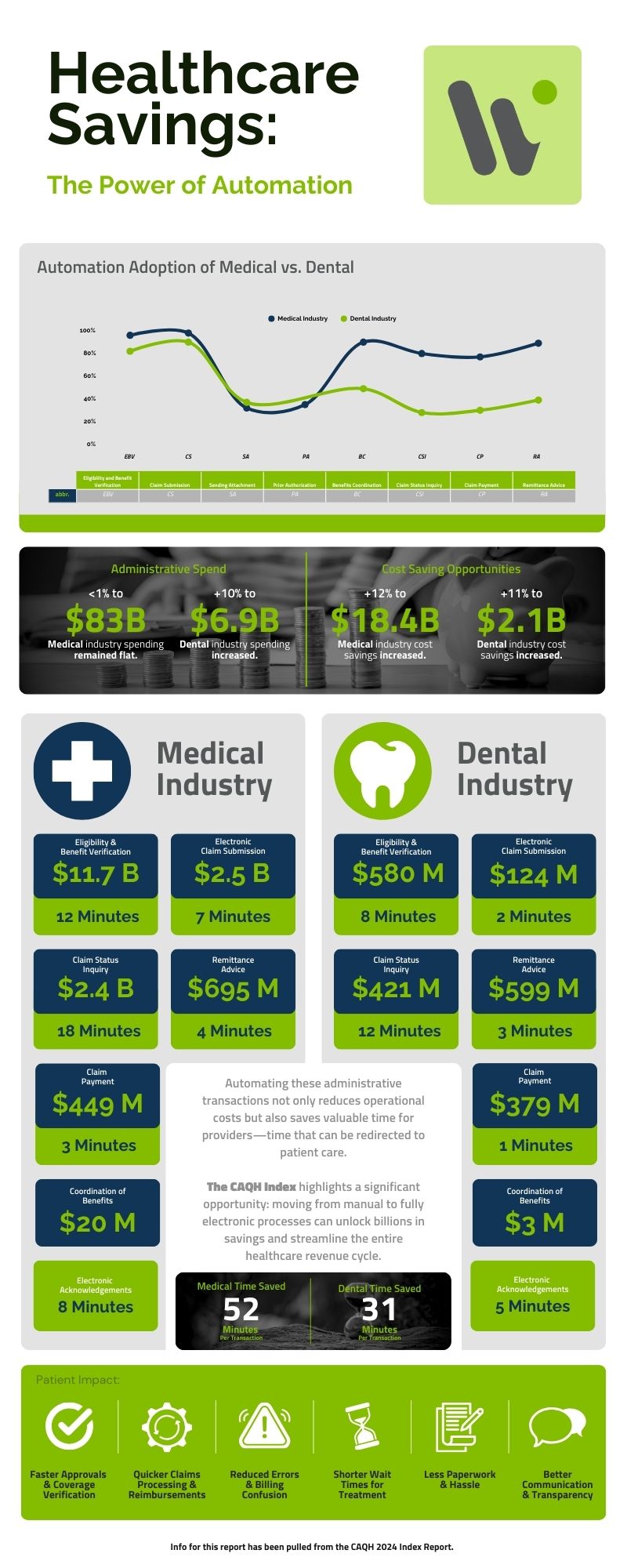Hiring independent contractors? Make sure you’re doing it right
Many businesses turn to independent contractors to help manage costs, especially during times of staffing shortages and inflation. If you’re among them, ensuring these workers are properly classified for federal tax purposes is crucial. Misclassifying employees as independent contractors can result in expensive consequences if the IRS steps in and reclassifies them. It could lead to audits, back taxes, penalties, and even lawsuits.
Understanding worker classification
Tax law requirements for businesses differ for employees and independent contractors. And determining whether a worker is an employee or an independent contractor for federal income and employment tax purposes isn’t always straightforward. If a worker is classified as an employee, your business must:
- Withhold federal income and payroll taxes,
- Pay the employer’s share of FICA taxes,
- Pay federal unemployment (FUTA) tax,
- Potentially offer fringe benefits available to other employees, and
- Comply with additional state tax requirements.
In contrast, if a worker qualifies as an independent contractor, these obligations generally don’t apply. Instead, the business simply issues Form 1099-NEC at year end (for payments of $600 or more). Independent contractors are more likely to have more than one client, use their own tools, invoice customers and receive payment under contract terms, and have an opportunity to earn profits or suffer losses on jobs.
Defining an employee
What defines an “employee”? Unfortunately, there’s no single standard.
Generally, the IRS and courts look at the degree of control an organization has over a worker. If the business has the right to direct and control how the work is done, the individual is more likely to be an employee. Employees generally have tools and equipment provided to them and don’t incur unreimbursed business expenses.
Some businesses that misclassify workers may qualify for relief under Section 530 of the tax code, but only if specific conditions are met. The requirements include treating all similar workers consistently and filing all related tax documents accordingly. Keep in mind, this relief doesn’t apply to all types of workers.
Why you should proceed cautiously with Form SS-8
Businesses can file Form SS-8 to request an IRS determination on a worker’s status. However, this move can backfire. The IRS often leans toward classifying workers as employees, and submitting this form may draw attention to broader classification issues — potentially triggering an employment tax audit.
In many cases, it’s wiser to consult with us to help ensure your contractor relationships are properly structured from the outset, minimizing risk and ensuring compliance. For example, you can use written contracts that clearly define the nature of the relationships. You can maintain documentation that supports the classifications, apply consistent treatment to similar workers, and take other steps.
When a worker files Form SS-8
Workers themselves can also submit Form SS-8 if they believe they’re misclassified — often in pursuit of employee benefits or to reduce self-employment tax. If this happens, the IRS will contact the business, provide a blank Form SS-8 and request it be completed. The IRS will then evaluate the situation and issue a classification decision.
Help avoid costly mistakes
Worker classification is a nuanced area of tax law. If you have questions or need guidance, reach out to us. We can help you accurately classify your workforce to avoid costly missteps.





